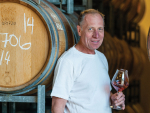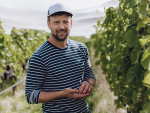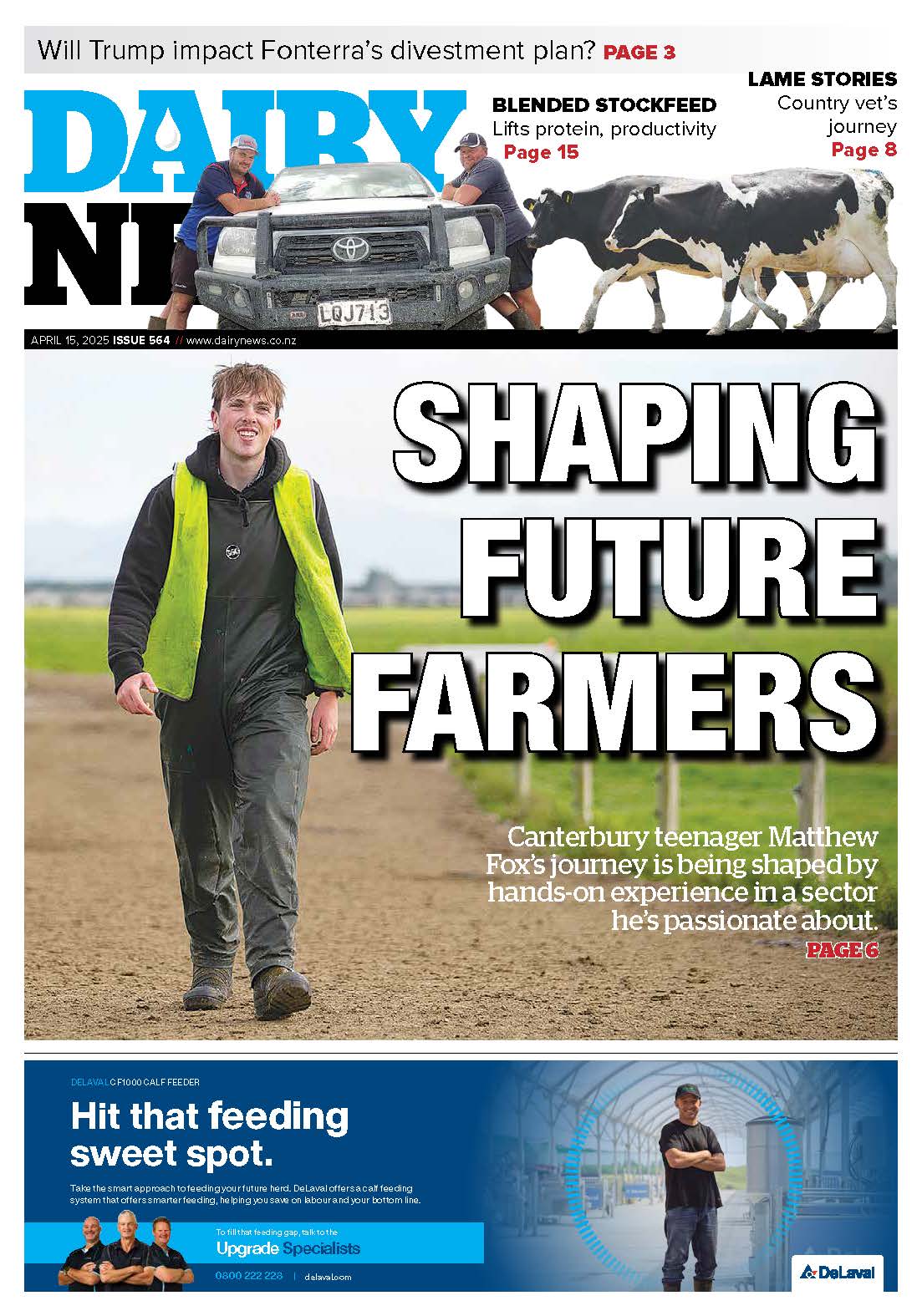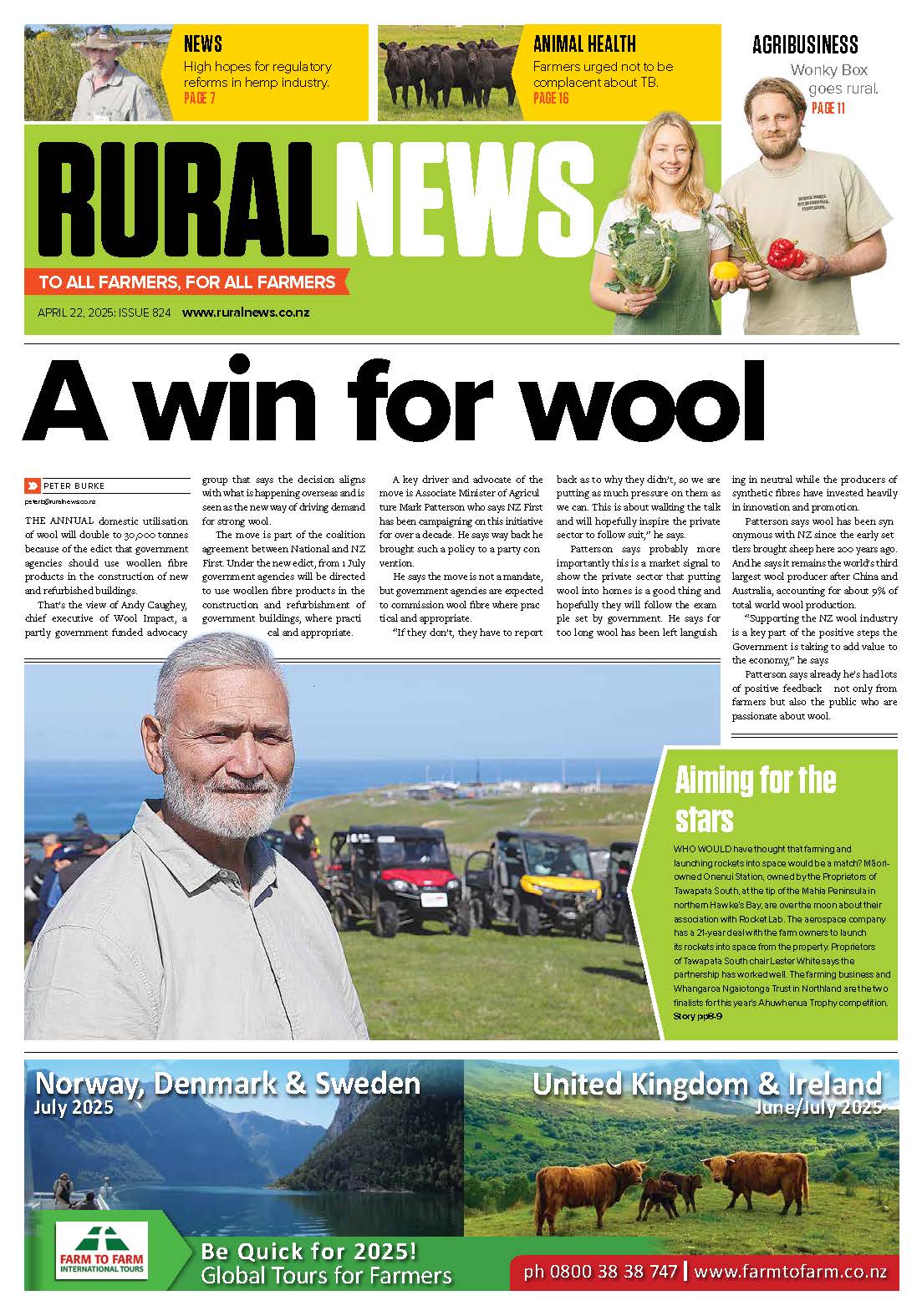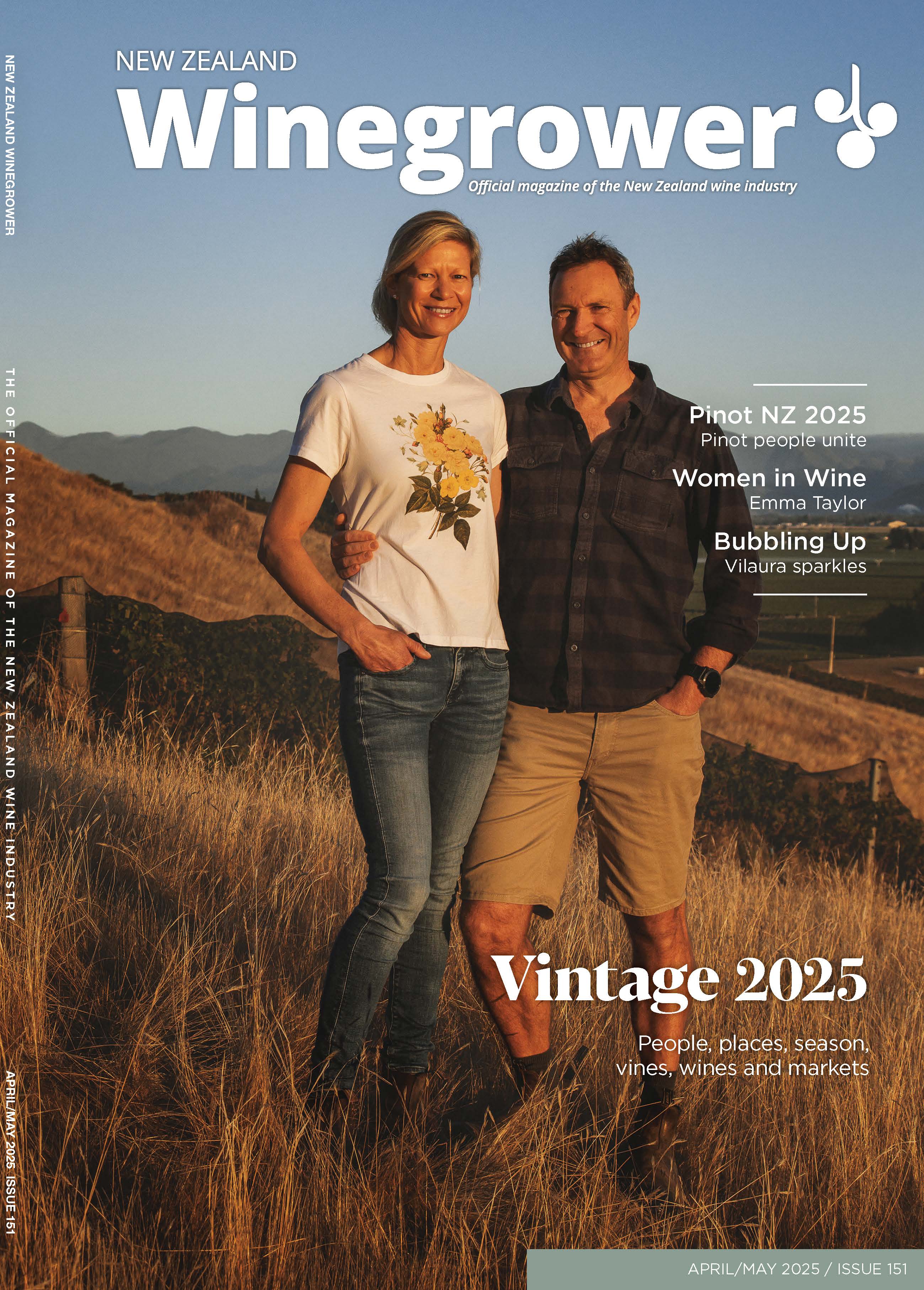Early sunlight slants onto the woolshed veranda at The Wrekin, as a group of Marlborough viticulturists gathers on a stunning autumn morning.
Everyone has brought a dog; I'm unsure what that adds - biodynamically speaking - but no doubt the hint of fresh cow manure in the air has alerted them to the possibility of a surreptitious roll.
Biodynamics can mean different things to different people; at its simplest it provides a set of tools - in the preparations and the calendar - to assist with building soil healthy organically. At The Wrekin, it is a path to respectful winegrowing; the land on which the grapes are grown is farmed regeneratively and the unique terroir is allowed to express itself in the wine. "We are attempting to capture and express the beauty of this special place," says our host Jeremy Hyland, the vineyard's Vigneron.
The moon is at its lowest point in the month following a solar eclipse, considered the optimal time to make biodynamic preparations for overwintering, says James Milton, who brings decades of experience to this biodynamic workshop.
Mention of the moon, or biodynamic preparations, can lead to eye-rolling among the unconvinced. And indeed, assorted items on the bench at the workshop - a yarrow-stuffed stag's bladder which has been hanging all summer, crushed quartz crystal, and a surprisingly artistic-looking cow's mesentery - look like props from a spellmakers' meet. But I have come with a spirit of open-mindedness, seeking to gain insight into what The Wrekin is doing so well. And given the throng of viticulturists in attendance - all of them practising biodynamics - I'm in good company.
My question is, if organic farming makes sense for the environment, the workers and the consumers - does biodynamics make more sense? There are now 12 Marlborough wineries sourcing grapes from here, including Bart Arnst of organic label The Darling. "The Wrekin always produces the very best fruit the season brings", he says. "It's healthy, vibrant, 'elevated' fruit because the viticulture is excellent and the biodynamics is part of that."
The vineyard, which is BioGro certified but not yet Demeter certified, lies in the gently rolling hills of the upper Fairhall Valley, part of the Southern Valleys subregion of Marlborough. Jan and Andrew Johns began planting on the clay soils shortly after they moved to Marlborough in 1998. The 17.5 hectares of close-planted vineyard makes up part of a large sheep and cattle farm, which is ideal for biodynami purposes - not just because of the ready availability of cow manure, but because animals, soil, produce and people are seen as part of an interconnected system. Although the couple hadn't planned to become biodynamic winegrowers, Jan had a longstanding interest in the benefits of organic food for health, so once the decision was made to plant vines, going organic was inevitable. "We want to produce the best grapes we can because we want them [the winemakers] to make great wine and that's the viticulture, which is down to Jeremy," Jan says.
By late morning we have on the table a small pile of what looks like fat spring rolls, but are actually compressed dandelion flowers wrapped in pieces of mesentery, alongside sausages made from cows' intestines stuffed with chamomile flowers. These are placed into clay pots, sealed and buried for winter. There is also an impressive number of cow horns containing very green manure, supplied generously by Gracie, the vineyard's resident lactating Jersey cow, sporting an enviable pair of horns herself.
The filled horns will be buried in the paddock during winter to ferment, then exhumed in spring and the contents used as a potentised soil spray to stimulate root growth and microbial life.
Another ancient technique is in the mix at The Wrekin in the form of making biochar. Unwanted willow trees undergo pyrolytic decomposition before being added as biochar to either the compost heap - the beating heart of any organic farm - or directly to the soil, where it plays its part in enriching microbial life as well as sequestering carbon long-term. Jan says an extra bonus of making biochar is that it provides opportunities as the season cools to bring the crew together and cook dinner on top of the pit.
Consolidating the closed loop farm philosophy is the current focus - creating a self-supporting system in which nothing (fertilisers or replacement stock, for example) needs to be brought in, and all waste and biproduct is recycled into energy for the farm itself. The construction of a small gravity-fed winery on site, which came into production just in time for the 2022 vintage, is part of that loop. The winery also builds business resilience for the future, and represents a way to add more value to the highly labour-intensive business of producing premium grapes. Further, there are quality and sustainability gains in not having to transport grapes by road, as the bins can simply be carted up the hill, letting gravity and the basket press do the rest. For the vineyard crew, there is something special about seeing the full cycle through, Jan adds.
While there is increasing empirical evidence in long-term field trials measuring the results of biodynamic compost preparations, The Wrekin team is satisfied with their own powers of observation. "When I was preparing to do the biodynamic course 10 years ago, I realised 'I love this place, there's nowhere I'd rather be'," Jan says. "And there's no question in my mind that since we've been practising biodynamic viticulture, that that has improved not only the soil, but somehow even the feel of the place."
The word 'care' is threaded through every conversation about this vineyard - from winemakers through to harvest crew comments in the visitors' book over the years. "There are no better grapes coming into our winery than those from The Wrekin; they are pristine," says Hätsch Kalberer of Fromm Vineyards. "It's the care they take in the vineyard and in everything they do... plus, it's about the culture that the team has created, which attracts people who also care."
Maybe that's why our morning of hands-on learning, followed by wine and shared food in the lingering autumnal sunshine, feels as much about building community as it is the sharing of knowledge and resources - spare cow horns anyone?
James Millton will be speaking about biodynamics at the Organic & Biodynamic Winegrowing Conference on Wednesday 21 June: organicwineconference.com






